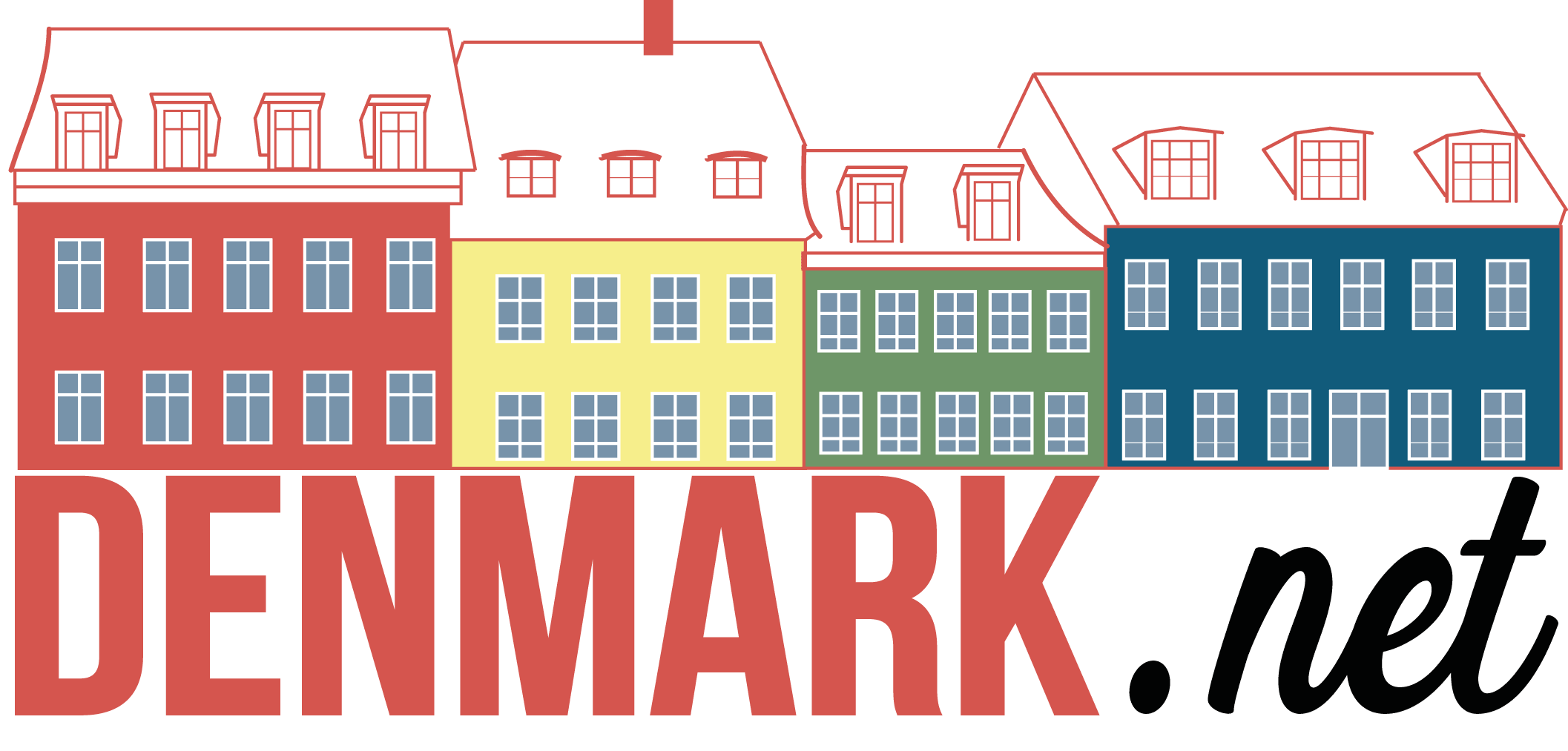
Foreign workers new to Denmark may not have a permanent place to stay right away unless their employer booked for their accommodation in advance before they arrived. It can be a real challenge to find a nice and comfortable temporary residence in the cities of Denmark, more so one that fits your budget.
There are various choices available in the country in terms of housing. People can choose from flats, apartments, penthouses as well as villas for rent. The average price for small apartments with two bedrooms is from 6,000 to 7,000 kroner ($1,000 to $1,200. That is outside Copenhagen- in the capital rental prices are 20-50% higher.
For those who don’t have their families with them or even students with a low budget, they can opt to rent rooms in shared flats or apartments. This can either be the unfurnished or furnished ones again depending on your budget. The unfurnished room is naturally cheaper by 25-30 percent and may be the better option for those staying in Denmark for the long term. The rates for rooms for rent may vary depending on the location, size, and shared facilities. It may range from 2,500 to 4,000 kroner ($450 to $720).
A good option for foreign workers bringing along their families is the social and not-for-profit housing in Denmark. This is open to all people regardless of their level of income. For this type of housing, rents are already fixed and housing units are allocated through waiting lists.
When renting a place to stay, it’s important to determine your responsibilities. Find out about utilities costs such as water and heating as these are usually not included in the monthly rent.
Other than the utilities, there’s also the deposit that most landlords ask from their renters. This may be equivalent to three months of rent paid at the start of your contract but not more than that. A tenancy agreement or contract is also a must and this should be signed by both the landlord and the tenant. This agreement should state the terms and conditions in renting the property.
For people renting in the long term, occupancy is required for at least 180 days each year. You should also inform the National Registration Office of your address.

Be the first to comment